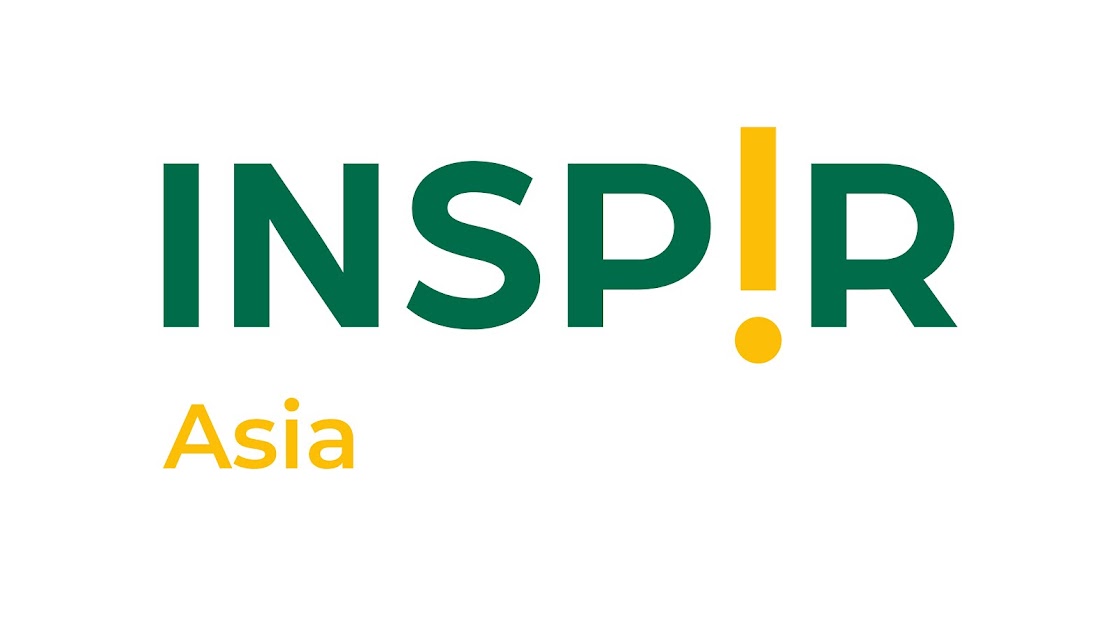 |
Miss Annelies Maricou, First Secretary for the Belgian Embassy in Delhi,
unveils the study and presents it to M Ranjit Prakash from the ILO,
Project Coordinator - Social Protection |
During a reception in Delhi tonight, the WSM partners in India presented their study done on the decent living income in the informal economy in India. You can find the study
here.
If the world is increasingly becoming a village, one cannot help but notice that many of the houses in this village are shacks. Made out of left-over materials, they lack solid foundations or leak when it rains. If this village would have 100 citizens, 77 people would have a place to shelter them from the wind and the rain, but 23 would not. 60 would be Asian. One person would be dying of starvation, 15 would be undernourished while 21 would be overweight. A mere 5 out of the 100 would control 32% of the entire world's wealth and 48 would live on less than US$ 2 a day, 20 would live on less than US$ 1 a day.
The ever increasing urge to earn and spend more money is consuming both people and resources. World Solidarity (WSM) believes that for this village to continue existing and its citizens to live in dignity, these houses should be built on solidarity. Thus, WSM supports five organisations in India, AREDS, CFTUI, CWM, NDWM and YCW to add foundations and bricks to the India house and its social protection and decent work. After all, the only sustainable solution to poverty is that people have decent work and decent incomes.
This study peeks into the many rooms of the Indian house, where the majority of the people work and live, the informal sector, and focuses in ten States on the agriculture, construction and domestic workers. The study looks through questionnaires and focus group discussions at working conditions, how they live, and sometimes barely survive, how they are employed, how they employ themselves, and how they are often either grossly ignored or massively exploited. Led by an esteemed research team, the study was conducted by and through the partners, who felt they could learn as much from this process of conducting such a field study as from the findings it produced. Any advocacy indeed needs to start with and be built on reality. Studies are one way to compile and present data, findings that can be analyzed and argued.
The concept of decent work actively promoted by the International Labour Organisation (ILO) is based on 4 main principles: freely chosen and productive work (1), with international labour rights (including fundamental labour standards) being observed (2), and a form of work which provides access to social protection (3) and in which workers are listened to through social dialogue (4).
Social protection is thus one of the four main principles of the Decent Work Agenda of the ILO. On the one hand, labour is still the best guarantee against poverty, provided that it is “decent” work obviously. On the other hand, social protection offers the guarantee of a decent standard of living, both in the case of people who have lost all or part of their work income as well as in the case of people who find it difficult or impossible to provide for themselves.

Social protection consists of a whole range of measures of prevention, protection, promotion and transformation or social change, which aim at preventing and reducing social exclusion and inequality as well as poverty and vulnerability.
Globally, especially in developing countries, social protection is reduced to protective and preventive measures. To ensure that a national policy of social protection responds in the most adequate way to the various needs of the different target groups, it is crucial that all relevant stakeholders are involved at all stages, from the early development of the policy to its implementation and monitoring. A structural and dynamic dialogue is a prerequisite to strike the right balance between the different kinds of measures and the most appropriate methods of financing.
We hope this study will provide arguments to lobby in the diversity of India and its national and state level legislation for better minimum wages which allow people to live in dignity, a decent living income.
 Clean Clothes Campaign published an open letter to all brands in Cambodia to publicly support freedom of association and independent unions in Cambodia. We call upon the brands, representatives for H&M, Inditex, C&A, Levi Strauss, Marks & Spencer, Tchibo, Primark and other brands to widely disseminate a public support statement, for a Trade Union Law which fully complies with ILO Conventions 87 and 98 as a condition for future sourcing from the country.
Clean Clothes Campaign published an open letter to all brands in Cambodia to publicly support freedom of association and independent unions in Cambodia. We call upon the brands, representatives for H&M, Inditex, C&A, Levi Strauss, Marks & Spencer, Tchibo, Primark and other brands to widely disseminate a public support statement, for a Trade Union Law which fully complies with ILO Conventions 87 and 98 as a condition for future sourcing from the country.














